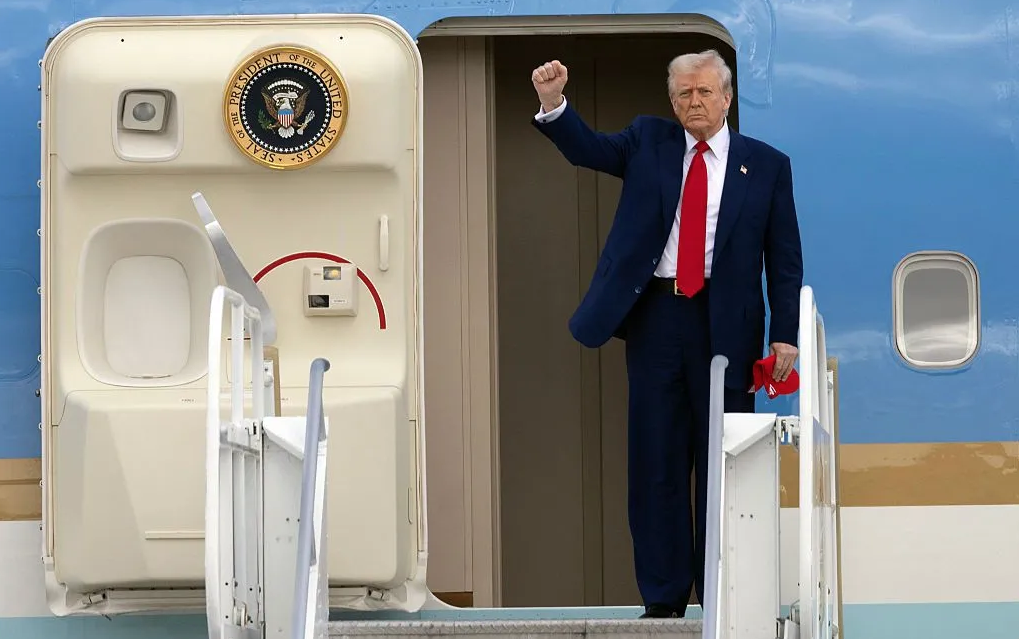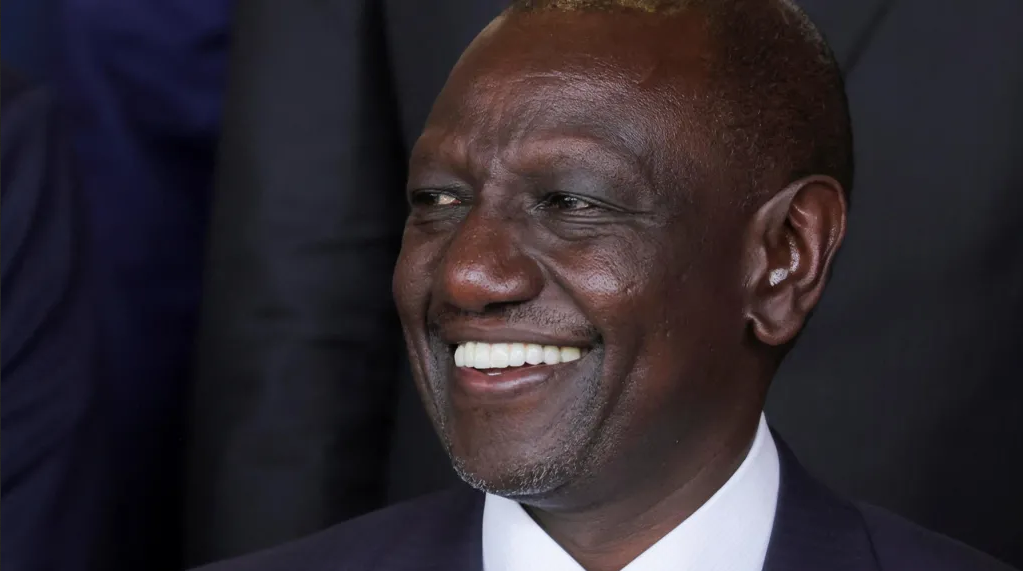HARARE – President Robert Mugabe signed into law new regulations forcing foreign- and white-owned businesses to hand over 51-per cent control of their operations to blacks, the official media reported yesterday.
Cranking up his election campaign theme of “economic empowerment” in the impoverished former regional breadbasket, Mugabe also unveiled tractors, buses, animal-drawn farm implements, power generators, motorcycles, gasoline and some 3 000 cattle that are to be distributed to black farmers resettled on white-owned land seized by the government since 2000. “This equipment and implements now form a critical mass that should be deployed effectively so as to meaningfully uplift productivity levels,” the state Sunday Mail reported Mugabe as saying at a commissioning ceremony in Harare on Saturday.Similar free equipment in two previous handover ceremonies went mainly to followers of the ruling party.The newspaper said the Economic Empowerment Act on local ownership of businesses and mines became law in an official government notice issued on Friday.Passed by the ruling party last year, it requires “indigenous Zimbabweans” to hold a minimum 51-per cent stake in every business and public company and to have a controlling stake in every investment or company merger.Zimbabweans vote in crucial presidential, parliamentary and local council elections on March 29.The Sunday Mail said the new phase of the government’s “agricultural mechanization program” included state-of-the art generators and 300 buses as the nation faces daily power outages and chronic transport shortages that have crippled agriculture and industry.The programme put Zimbabwe “back at work”, the paper said.No details were given on the cost of the equipment and materials funded by the state central bank, much of it in scarce hard currency.Zimbabwe has by far the world’s highest official inflation of 100 500 per cent in an economic meltdown traced to disruptions in the agriculture-based economy after the often-violent seizures of thousands of white-owned commercial farms began in 2000.Production of food and agricultural exports has slumped drastically.Central Bank Governor Gideon Gono, alongside Mugabe at Saturday’s ceremony in Harare, said the bank has paid at least N$280 million since December for imports of corn, the staple food, from neighboring countries to avert starvation.United Nations food agencies say one-third of the nation’s 12 million people received emergency food aid in January from donors.The UN Food and Agriculture Organization estimated massive shortfalls in local harvests in coming weeks and said just 10 per cent of fertiliser needed in the last planting season was available to farmers.With the world’s fastest shrinking economy outside a war zone, the nation is suffering acute shortages of most basic goods and collapsing public services.Nampa-AP”This equipment and implements now form a critical mass that should be deployed effectively so as to meaningfully uplift productivity levels,” the state Sunday Mail reported Mugabe as saying at a commissioning ceremony in Harare on Saturday.Similar free equipment in two previous handover ceremonies went mainly to followers of the ruling party.The newspaper said the Economic Empowerment Act on local ownership of businesses and mines became law in an official government notice issued on Friday.Passed by the ruling party last year, it requires “indigenous Zimbabweans” to hold a minimum 51-per cent stake in every business and public company and to have a controlling stake in every investment or company merger.Zimbabweans vote in crucial presidential, parliamentary and local council elections on March 29.The Sunday Mail said the new phase of the government’s “agricultural mechanization program” included state-of-the art generators and 300 buses as the nation faces daily power outages and chronic transport shortages that have crippled agriculture and industry.The programme put Zimbabwe “back at work”, the paper said.No details were given on the cost of the equipment and materials funded by the state central bank, much of it in scarce hard currency.Zimbabwe has by far the world’s highest official inflation of 100 500 per cent in an economic meltdown traced to disruptions in the agriculture-based economy after the often-violent seizures of thousands of white-owned commercial farms began in 2000.Production of food and agricultural exports has slumped drastically.Central Bank Governor Gideon Gono, alongside Mugabe at Saturday’s ceremony in Harare, said the bank has paid at least N$280 million since December for imports of corn, the staple food, from neighboring countries to avert starvation.United Nations food agencies say one-third of the nation’s 12 million people received emergency food aid in January from donors.The UN Food and Agriculture Organization estimated massive shortfalls in local harvests in coming weeks and said just 10 per cent of fertiliser needed in the last planting season was available to farmers.With the world’s fastest shrinking economy outside a war zone, the nation is suffering acute shortages of most basic goods and collapsing public services.Nampa-AP
Stay informed with The Namibian – your source for credible journalism. Get in-depth reporting and opinions for
only N$85 a month. Invest in journalism, invest in democracy –
Subscribe Now!










